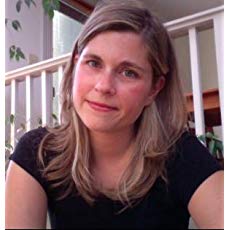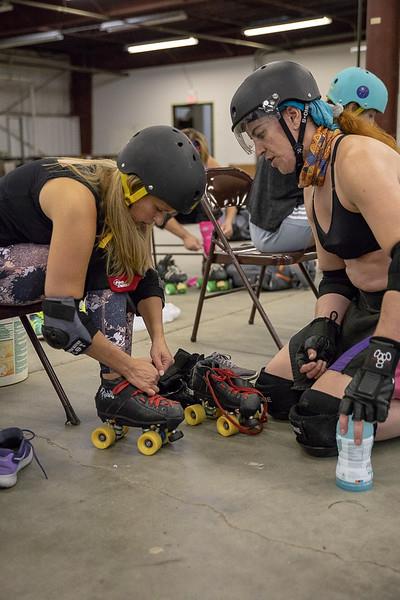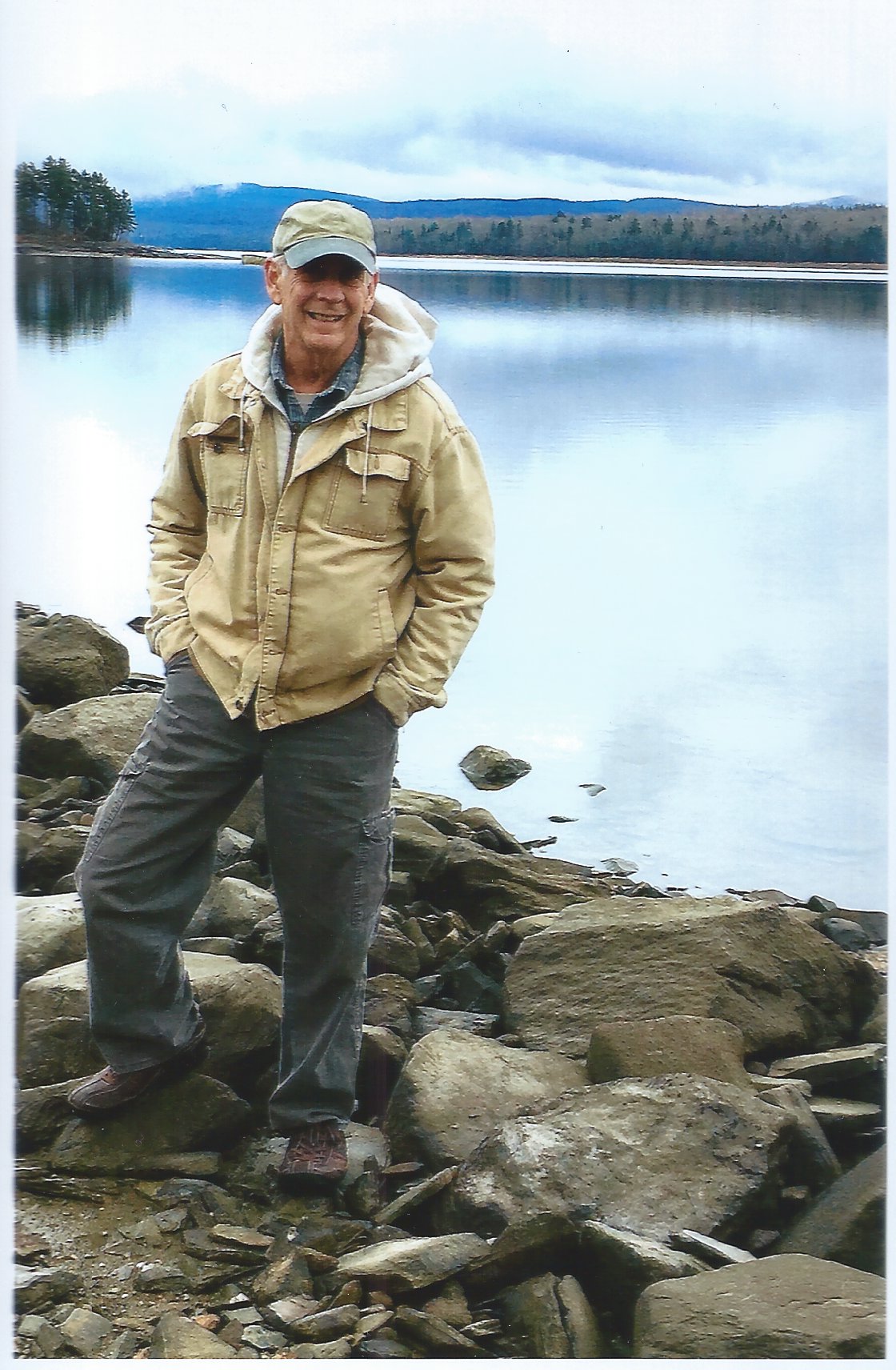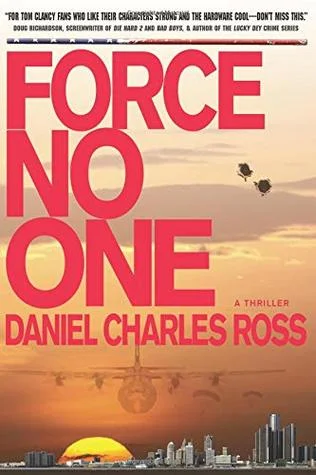On Character
By Terri Alexander
Last Friday evening, I found myself reading in Harper’s Magazine a short story by Joyce Carol Oates, “The Unexpected.” In the story, an aging, famous writer is attending a book event in her hometown when she is blindsided by the wrath of former classmates. In one conversation, a woman named Olive, or Olivia (the writer cannot remember), tells her, “You’re remembering wrong. In everything you write, you remember wrong.” And also, “That’s why you write such lies – to change the way things were, when you couldn’t change them any other way.”
The “all characters fictitious” legal disclaimer, boilerplate language for virtually all novels and story collections, states, in part, that “any resemblance to real persons, living or dead, is purely coincidental,” and gives license to mine our lived experience for material. From auto-fiction to science fiction, writers’ real lives frequently co-mingle with their work. However, we are taught that to use an actual person in a work of fiction is an ethical no-no. Characters, then, are built in the gray area between the real world and the imagined.
Joyce Carol Oates does not reveal to the reader to what degree, if at all, the author acknowledges her characters were based on people from her past. It prompted me to wonder if the protagonist had a psychological blind spot, as hinted at in the story’s title, or if her characters were less veiled than she believed. Another possibility entirely is that the characters were erroneously making it all about themselves when the famous writer perhaps didn’t have them in mind at all.
The reader also doesn’t know how much of Oates herself is represented in the main character. It can start to feel like a psychological jigsaw puzzle. As a novice fiction writer, I have some underlying fear that my stories make my own personal issues transparent to the professors, students, and editors who read my stories. Today, we seldom allow a work to stand on its own, but insist on considering it through the lens of its creator. How much of it is true? Who hasn’t read a work of fiction so compelling that we’ve flipped to the author bio for clues as to how much of the story could be based in fact?
Writers of fiction have a rare freedom to build worlds and characters without limits, and yet there is the frequently recited advice to “write what you know.” My best characters tend to be shaped by snippets I take from a wide sample of relationships, interactions, and observations from my own life. I get an uneasy feeling when I recognize that a character I’ve written is based too much on one person. If that person read the story, would she recognize herself in it? If the answer is yes or maybe, I’ve gotten too close to that ethical boundary. In a 1983 interview with the Paris Review, Raymond Carver’s advice was this: “A little autobiography and a lot of imagination are best.”
At the end of Joyce Carol Oates’ “The Unexpected,” the writer meets a former classmate who had a huge crush on her, and in fact still does. He discloses to her, “I’ve discovered enough of myself in your fiction to keep reading, and to keep hoping.” The protagonist is astonished at his words, and yet as the degree of his worship is revealed, she becomes more and more attracted to him, admitting to herself that he was meant to be her soul mate all along. In the last paragraph, the protagonist walks home with her admirer. Oates writes, “The sky overheard appears to be impacted with clouds, light comes from all sides, there are no shadows.” I finished the story and immediately googled, “Joyce Carol Oates personal life.” There was no obvious correlation, and I wasn’t surprised – the character in Oates’ story was completely alive on the page.
Terri Alexander is a graduate of The Mountainview Low Residency MFA in Fiction and Nonfiction.













